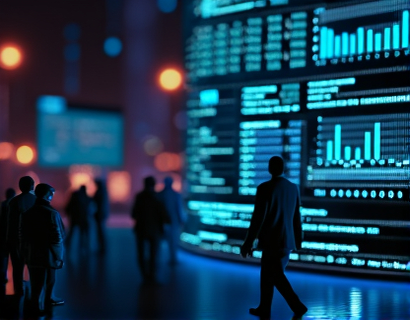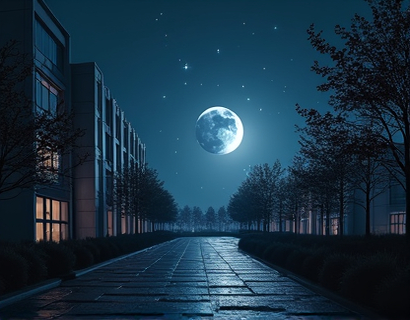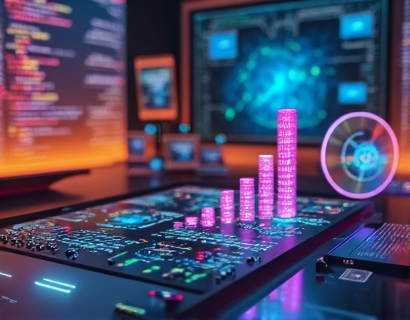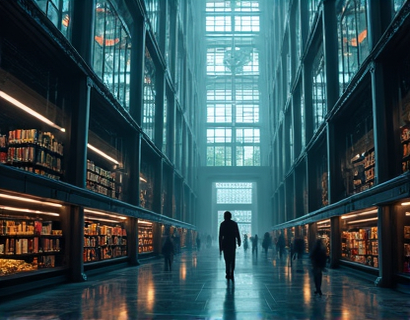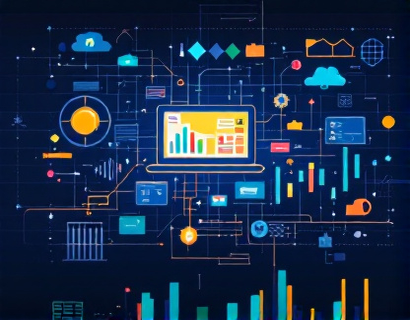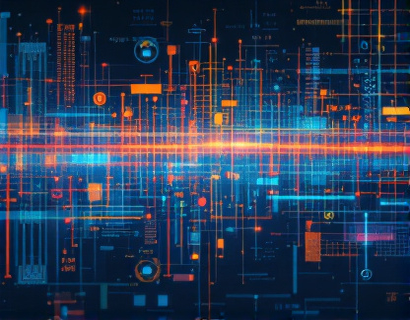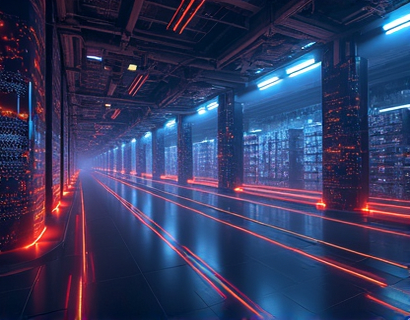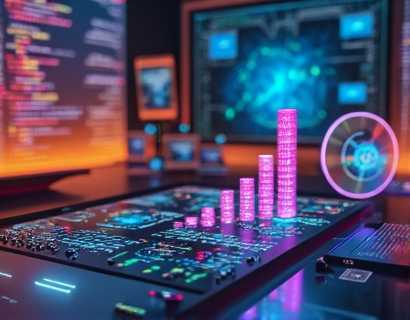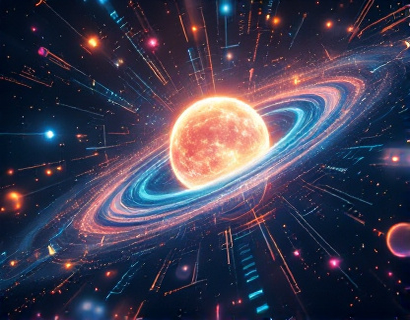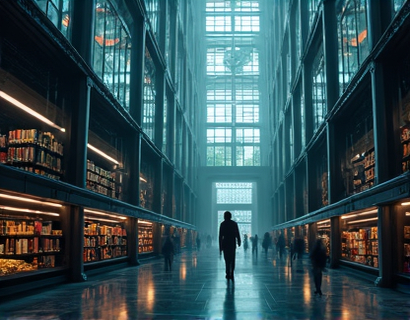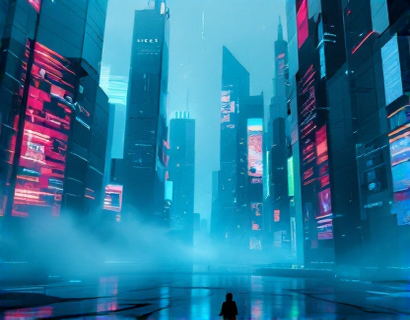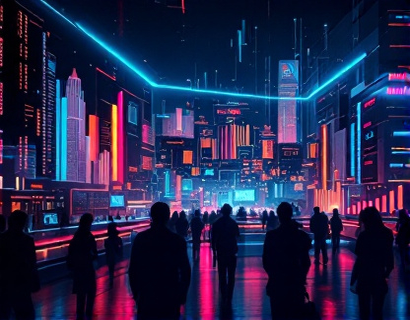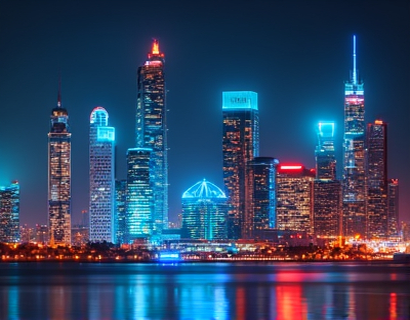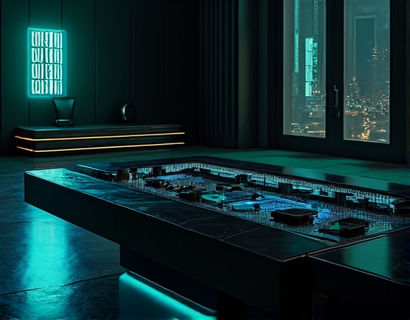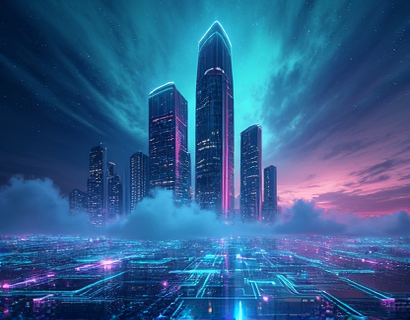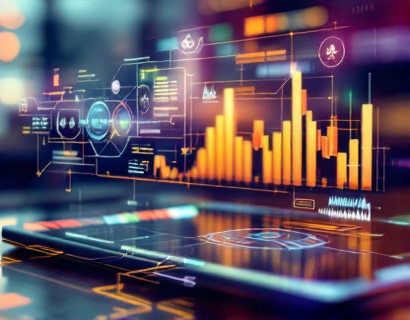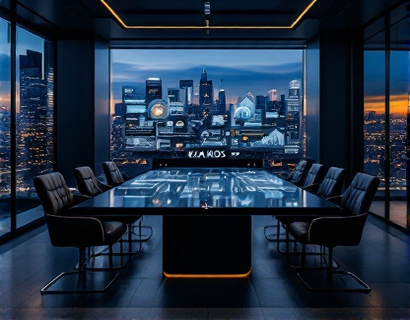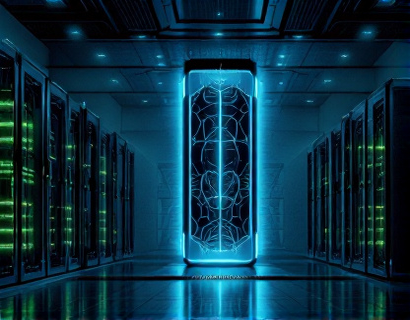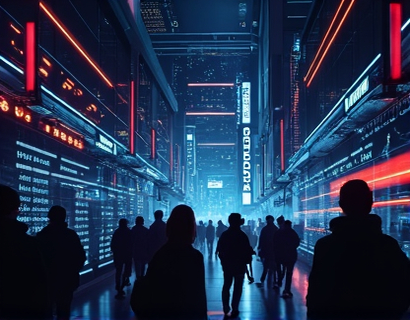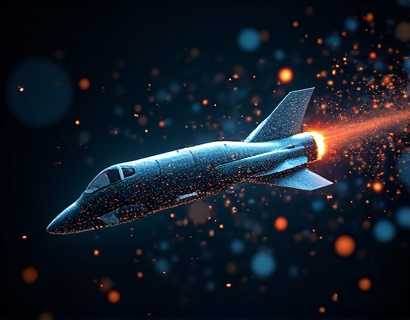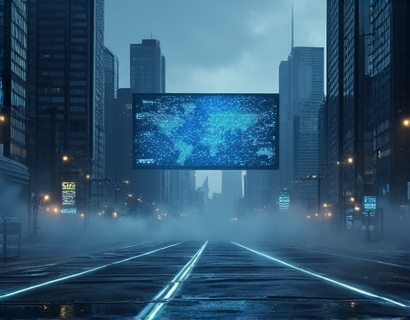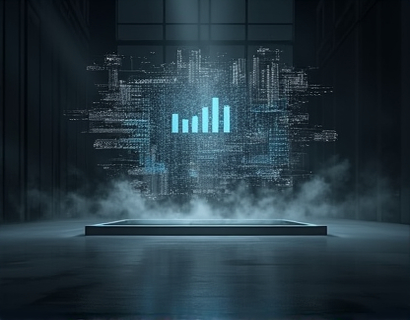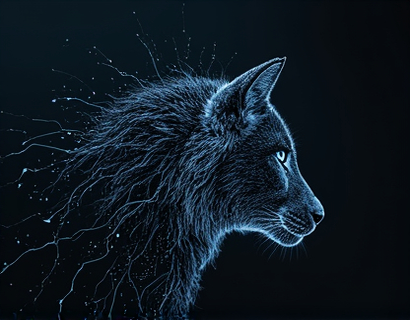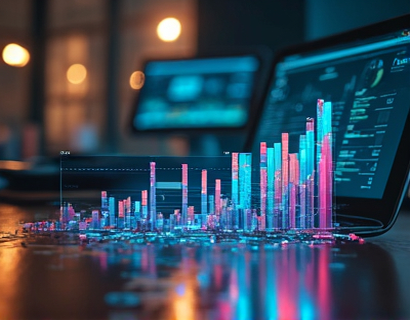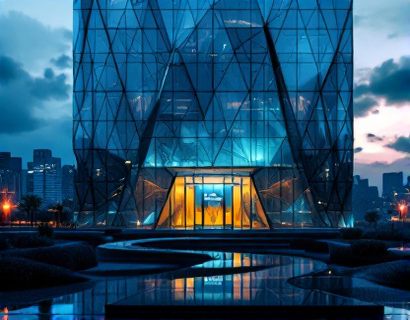AI-Powered Creativity Transformation: Revolutionizing Film, Music, and Gaming Production with Advanced Technology Solutions
The entertainment industry is undergoing a profound transformation driven by the integration of Artificial Intelligence (AI) technology. This shift is not merely an incremental update but a revolutionary change that is redefining how creativity is expressed, projects are managed, and content is produced across film, music, and gaming sectors. AI is providing creative professionals with advanced tools that enhance their capabilities, optimize production processes, and streamline project management, enabling them to achieve unprecedented levels of success and set new industry standards.
Enhancing Creativity in Film Production
In the realm of film production, AI is opening new avenues for creative expression. Scriptwriting, once a purely manual and time-consuming process, is being augmented by AI-driven tools that can analyze successful scripts, identify patterns, and suggest plot developments, character arcs, and dialogue. These tools do not replace human creativity but serve as a catalyst, offering writers a wealth of ideas and possibilities to explore. For instance, AI can generate multiple script versions based on different themes, genres, and character dynamics, allowing directors and writers to experiment and refine their concepts more efficiently.
Visual effects (VFX) are another area where AI is making significant strides. Traditional VFX workflows are labor-intensive and require extensive manual intervention. AI-powered solutions can automate repetitive tasks such as object tracking, background removal, and environment generation. Machine learning algorithms can learn from vast datasets of visual content to create realistic and seamless effects, reducing the time and cost associated with VFX production. This not only accelerates the post-production process but also allows filmmakers to focus more on creative decision-making rather than technical execution.
Optimizing Music Production
The music industry is equally benefiting from AI technology. Composing music has always been an art form that combines technical skill with creative intuition. AI tools are now assisting composers by generating musical ideas, creating harmonies, and even composing entire pieces of music. These tools analyze existing music genres and styles to produce new compositions that can inspire or complement human creativity. For example, AI can suggest chord progressions, melodies, and rhythms based on the desired mood, tempo, and genre, providing musicians with a rich palette of options to work with.
Music production also sees efficiency gains through AI-driven mastering and mixing tools. These tools can analyze audio tracks, adjust levels, equalize frequencies, and apply effects to achieve professional-sounding results. This democratizes high-quality production, allowing independent artists and smaller studios to produce music that competes with major label outputs. Additionally, AI can assist in music recommendation and discovery, helping artists reach broader audiences by analyzing listening patterns and preferences.
Revolutionizing Gaming Development
In the gaming industry, AI is transforming the way games are designed, developed, and experienced. Game design is a complex process that involves creating immersive worlds, engaging narratives, and responsive gameplay mechanics. AI tools can aid in level design by generating terrain, placing objects, and creating challenging yet fair levels. Machine learning algorithms can analyze player behavior and adapt game difficulty in real-time, ensuring an optimal gaming experience for each player. This dynamic adjustment not only enhances player engagement but also extends the lifespan of a game by providing a continuously challenging environment.
Procedural content generation is another area where AI shines in gaming. Instead of manually creating every asset and level, developers can use AI to generate vast amounts of content automatically. This includes everything from character models and environments to quests and dialogues. This approach not only reduces development time and costs but also allows for greater variety and replayability in games. AI can also assist in creating non-playable characters (NPCs) with more realistic and unpredictable behaviors, enriching the gaming experience.
Streamlining Project Management
The integration of AI extends beyond creative and production processes to project management. In the entertainment industry, managing large-scale projects with multiple stakeholders, tight deadlines, and complex workflows can be challenging. AI-powered project management tools offer solutions by automating routine tasks, providing real-time insights, and enhancing collaboration among team members. These tools can predict potential bottlenecks, optimize resource allocation, and ensure that projects stay on track.
For instance, AI can analyze historical project data to forecast timelines, identify risks, and suggest mitigation strategies. It can also facilitate better communication by summarizing project updates, highlighting key decisions, and ensuring that all team members are aligned. This level of automation and insight not only improves efficiency but also reduces stress and allows creative teams to focus on what they do best—creating exceptional content.
Case Studies and Real-World Applications
The impact of AI in the entertainment industry is not theoretical; it is being realized through numerous successful projects. In film, AI-driven script analysis tools have been used to refine the narrative structure and character development of major studio productions, leading to more cohesive and engaging stories. For example, a prominent film studio utilized AI to analyze scripts from successful blockbusters, identifying key elements that contributed to their success. This analysis informed the development of a new script, resulting in a film that resonated with audiences and critics alike.
In music, AI-composed tracks have gained recognition in various genres, from classical to pop. A notable example is an AI-generated album that achieved commercial success, with songs featured on popular playlists and even winning awards. The album's success demonstrates AI's capability to create music that not only sounds professional but also resonates emotionally with listeners.
In gaming, AI has been instrumental in the development of open-world games with dynamic environments. A leading game studio implemented AI algorithms to generate procedural content, resulting in a game with vast, detailed worlds that players can explore endlessly. The game's success is attributed not only to its immersive storytelling but also to the seamless and varied gameplay experiences provided by AI-driven content generation.
Challenges and Ethical Considerations
While the benefits of AI in the entertainment industry are undeniable, there are challenges and ethical considerations that need to be addressed. One major concern is the potential displacement of jobs. As AI tools become more capable, there is a risk that some traditional roles may be automated. However, this shift also creates new opportunities for roles that focus on overseeing AI systems, interpreting their outputs, and integrating them into the creative process. Education and training programs will be crucial in helping professionals adapt to these changes.
Another ethical issue is the authenticity and originality of AI-generated content. There is a debate about whether AI-composed music or AI-generated art can truly be considered creative works. Ensuring that AI tools are used to augment human creativity rather than replace it is essential. Transparency in the use of AI, such as clearly labeling AI-generated content, can help maintain trust and integrity in the industry.
Future Prospects
The future of AI in the entertainment industry looks promising, with ongoing advancements expected to further enhance creativity and efficiency. As AI algorithms become more sophisticated, we can anticipate even more seamless integration into all aspects of production. For instance, AI could play a significant role in virtual and augmented reality (VR/AR) content creation, enabling more immersive and interactive experiences. In film, AI-driven avatars and digital doubles could revolutionize live-action shooting, allowing for more flexible and cost-effective production methods.
In music, AI could enable real-time collaboration between artists across the globe, breaking down geographical barriers and fostering a more interconnected creative community. Gaming could see the rise of AI-powered narrative engines that adapt stories based on player choices and emotions, creating highly personalized gaming experiences.
The entertainment industry's embrace of AI is not just about adopting new technology but about reimagining the creative process itself. By leveraging AI's capabilities, professionals can focus more on their core strengths—creativity, storytelling, and innovation—while letting AI handle the repetitive and time-consuming tasks. This symbiotic relationship between humans and machines is set to redefine the boundaries of what is possible in film, music, and gaming, ushering in a new era of artistic and technological excellence.





